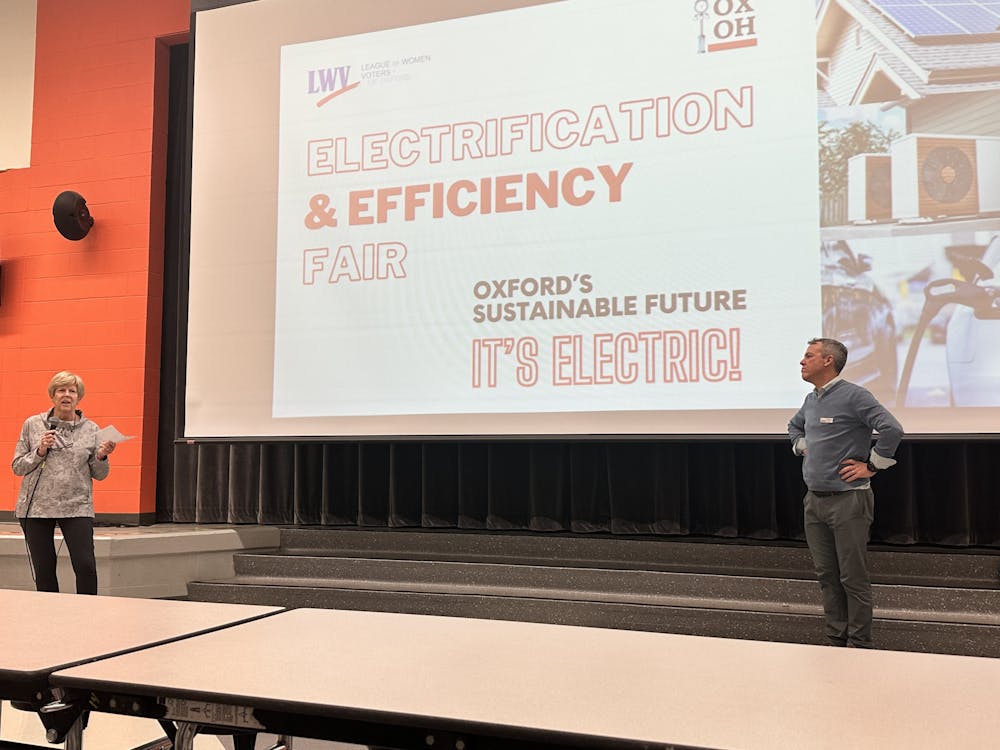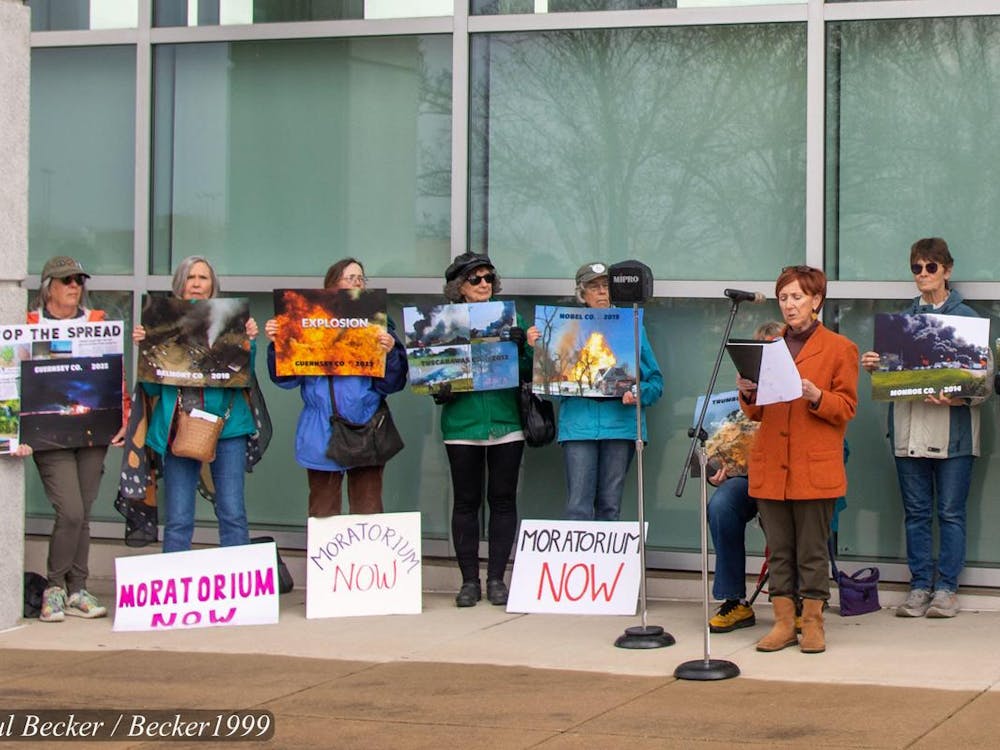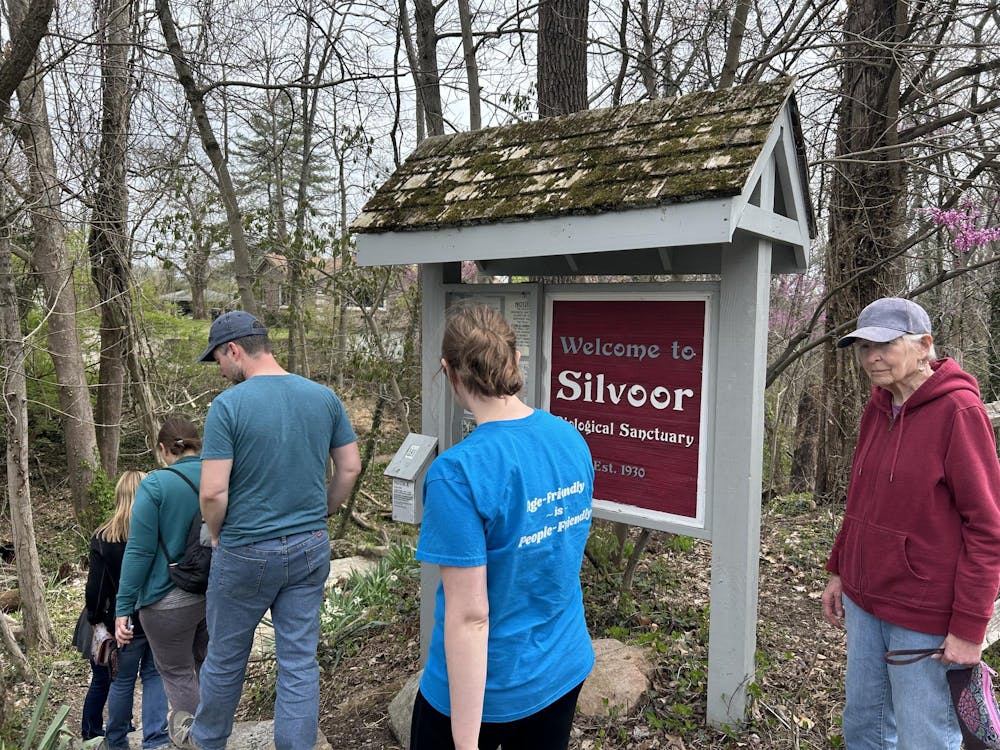With global temperatures projected to rise 2.7 degrees Fahrenheit by 2050 and 19 out of 20 of the warmest years occurring since 2001, there is tremendous urgency for communities to take action about climate change. Higher temperatures make us prone to more frequent and severe droughts, storms, rising sea levels, coral bleaching and destruction of native habitats. Mitigating climate change is a global initiative, and Oxford is a part of that fight.
In recent years, the City of Oxford has taken steps to promote sustainable practices. Oxford's Climate Action Plan, an amendment to the Oxford Tomorrow Comprehensive Plan, which was passed by the city council in September, aims to achieve net carbon neutrality by 2045 and promote sustainable living.
Other sustainability steps include the city leasing land to install a solar array over a closed sanitary landfill, reducing emissions from the decomposing waste. Although all steps like these are crucial in the fight against climate change, the town itself can only do so much.
Now, Oxford is calling on its residents to help make changes towards a better future by informing them how to transition to renewable energy in their homes. The city recently hosted an Electricity and Efficiency Fair on Wednesday, Nov. 15, to educate residents about taking advantage of tax credits and rebates offered by the Inflation Reduction Act of 2022. Meeting with seven vendors selling HVAC, EVs, solar panels and other green technologies, community members learned how to save money and the environment.
“As a family, there might be a bunch of big financial decisions that you have to make, such as buying a car … so letting them know that’s [tax incentives] out there makes financial sense,” said Carla Blackmar, a volunteer for the event who works for the Hefner Museum of Natural History.
The tax incentives include up to a 30% tax credit towards getting a home energy audit, installing solar panels or other renewable energy options and buying energy-efficient appliances. Special rebates are also offered to low-to-middle-income households to make the transition to clean energy more affordable for everyone.
Miami University is similar to Oxford with its own Climate Action Plan, and has taken steps toward informing students of their own place in the university’s goal to reach carbon neutrality by 2040. Although the tax incentives are catered toward homeowners, students can also help contribute to a better planet through the little daily decisions they make.
“Tying these kinds of individual decisions, for example, on campus, in the laundry rooms, there will be signs that say ‘wash on cold,’ there’s all this little stuff that you can do to help Miami get to that carbon neutral goal,” Blackmar said.
Although many community members are glad about Oxford and Miami’s steps to promote citizen-initiated renewable energy, some residents expressed concerns that they need help understanding the technology and that switching to renewable energy is inaccessible to them.
William Miller Jr., vice president of the Ohio Farmers Union, says he has researched why people choose appliances with cheaper upfront costs rather than ones that save money in the long run. He believes that the upfront cost of green technologies is inhibiting people from transitioning to long-term renewable energy.
“They would buy the cheapest one, I mean, that’s just part of human nature,” Miller Jr. said.
Although Oxford’s push to promote clean energy in individual homes is great for transitioning off of harmful nonrenewable energy sources, some residents may need additional assistance. For example, elderly residents may not be willing to replace their old appliances with more sustainable options that pay off in the long run because they may not reap the cost benefits.
Enjoy what you're reading?
Signup for our newsletter
Sybil Miller, wife of William Miller Jr. who was honored by the Oxford City Council for her social justice work, believes that if more people understood how clean energy technologies worked, the citizen-led initiatives would be more effective.
“If you educated people about how these things work, not in a didactic way… [it] would allow more people to be innovative and take the risk [of adopting clean technologies],” Sybil Miller said.
Although some community members may find challenges in transitioning to clean energy, continuing to educate and inform Oxford residents about transitioning to renewables while also fostering a culture of inclusivity is a great step toward a sustainable future.




